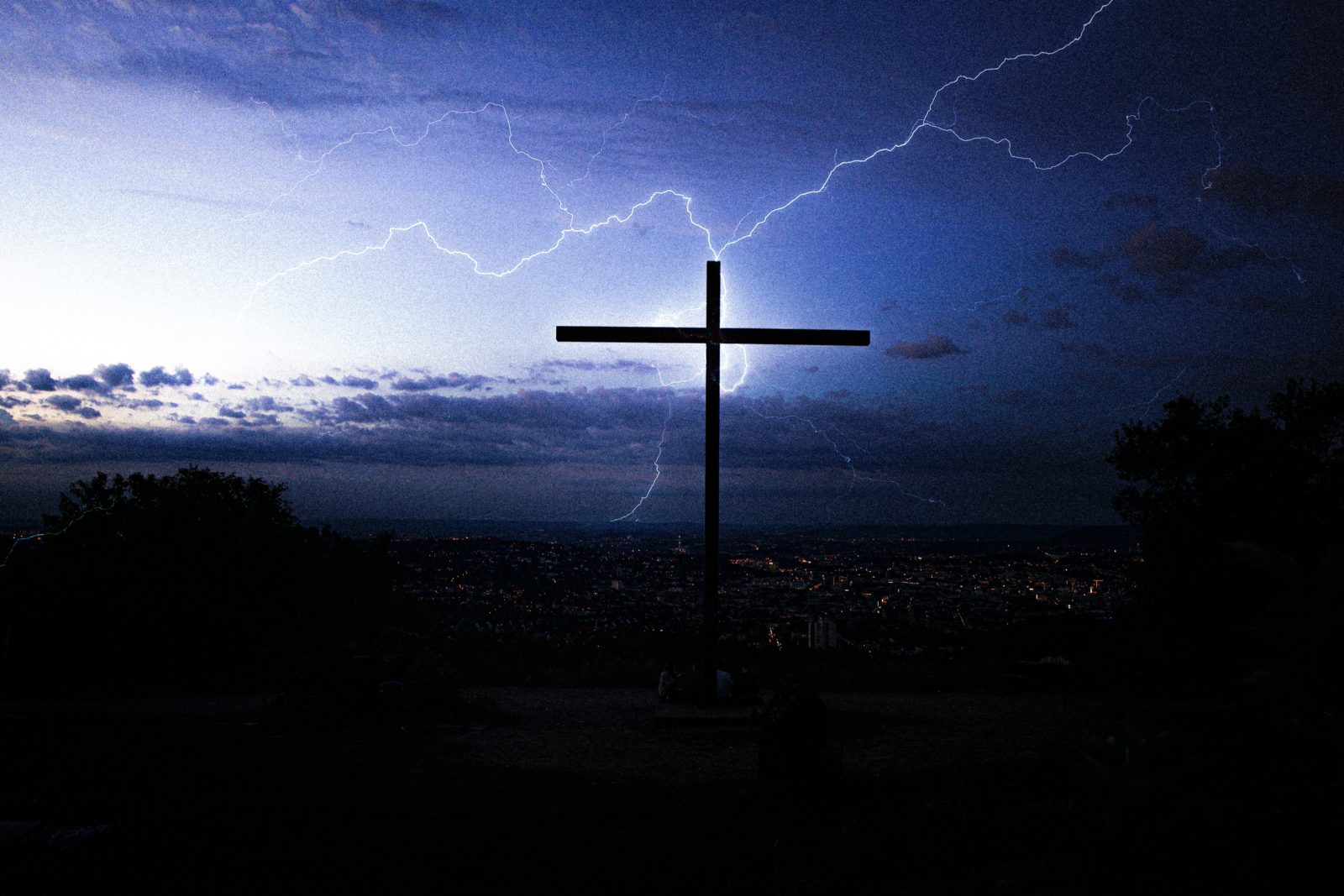
“The Idea of a Spirit-Infused College:” A Response to Dale M. Coulter and Amos Yong Post
I tried to summarize faithfully The Holy Spirit and Higher Education, but as it is a co-authored, content-rich, 320-page treatise, that was a daunting task. Coulter and Yong have wonderfully provided their own summary—one that brings into focus aspects that I did not find a place for. Their reply deftly presents both the book’s tone…



















